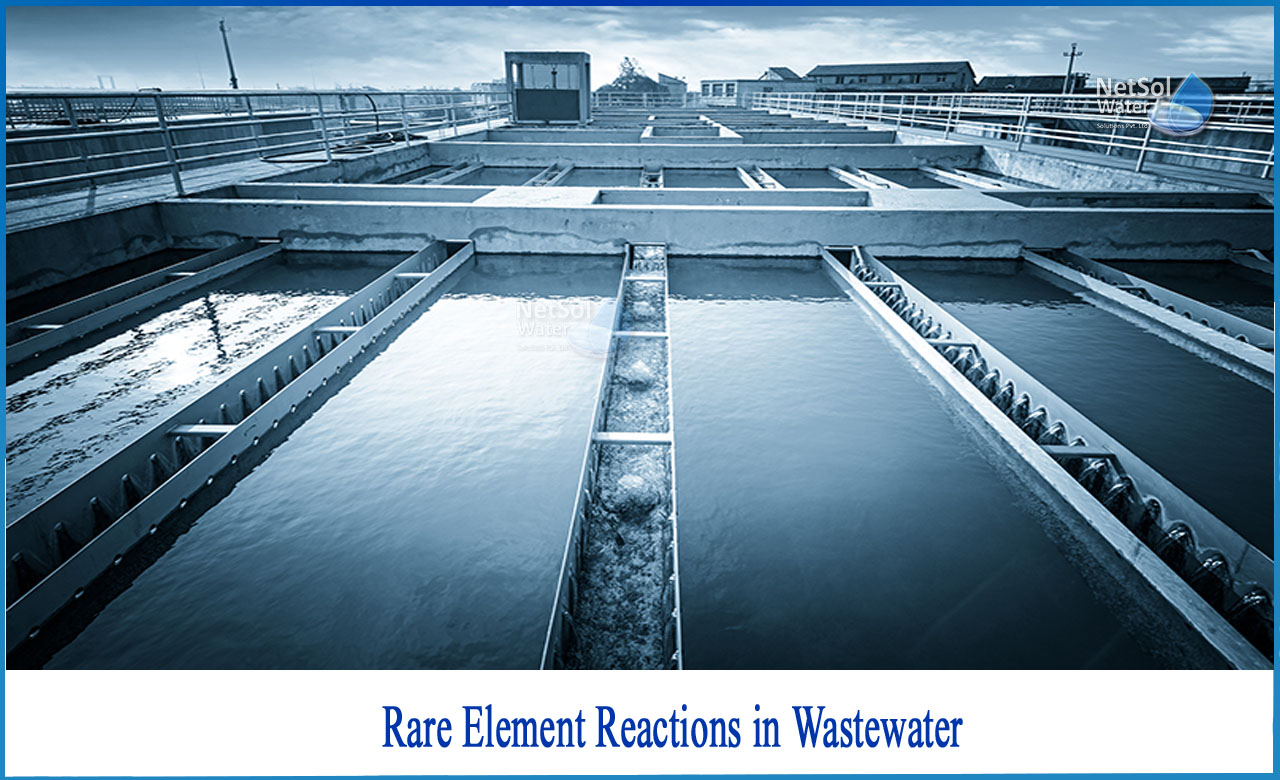What is meant by rare elements?
The removal of impurities from wastewater is becoming increasingly vital as clean water becomes scarce. Phosphorus (P) in the form of phosphate (PO43-) is a nutrient that algae uses as a food source. Excessive P levels in natural environments have recently resulted in huge algae blooms, which emit toxins into the water and reduce dissolved oxygen levels.
Other freshwater species die as a result of these repercussions, and drinking water supplies are contaminated. As a result, new restrictions are being implemented that severely limit the release of P into the environment. New wastewater treatment plant discharge licences are mandating lower and lower P levels in the effluent. With current technology, reaching these lower permit limits may be challenging.
The Chemistry of Rare Earths in Wastewater
The rare earth elements are a group of 15 elements with atomic numbers ranging from 57 to 71, including yttrium (Y, Atomic number: 39). They are found in the f-block of the periodic table, which is positioned at the bottom of the table.
There wasn't anything known about these components until roughly 60 years ago. Because the elements are not rare, the name "rare earth" is a misnomer. For example, the two RE elements of importance in this work, La and Ce, are the Earth's crust's 26th and 28th most prevalent elements, respectively. Rare earth elements may be found in more than 100 minerals in nature, with substantial deposits in India, South Africa, Brazil, Australia, Malaysia, and the United States.
Rare earths, in general, and La and Ce in particular, create extremely strong connections with oxyanions such as phosphate and carbonate. Because the La and Ce connection with phosphate is so strong, rare earth phosphate is found in many common rare earth minerals. The utilisation of rare earths as phosphate removal agents is based on this strong bonding.
In the field of wastewater treatment, many patents were issued about 1970 outlining the use of rare earth salts for phosphate precipitation and removal. All of this shows that rare earth-based solutions may effectively remove P in a variety of situations.
The use of iron & aluminium
Iron (Fe) and aluminium (Al)-based coagulants are often employed in wastewater treatment. Ferric chloride, ferrous sulphate, and ferrous chloride are examples of Fe-based coagulants. Aluminium sulphate (alum), sodium aluminate, and polyaluminium chloride are examples of aluminium-based coagulants (PAC). RE technology has recently emerged as a promising solution for P elimination. The process by which Fe, Al, and RE-based products remove phosphate differs significantly. It was once assumed that Fe and Al combined to generate FePO4 or AlPO4, however current research has revealed that the mechanism is more intricate.
Conclusion
Rare earth elements were originally thought to be biologically inactive, but when lanthanide-dependent activities were discovered in methylotrophs, organisms that use reduced single-carbon molecules, a new field of inquiry was born. There's still a lot to learn about how organisms interact with metals contained in the earth's crust.
REEs (rare-earth elements) have lately been revealed to have biological significance. The discovery was made with the methanol dehydrogenase XoXF, which is dependent on REEs for its action, and reports of bacteria that use lanthanides have since grown. Environmental proteomics enables the discovery of proteins that are uniquely triggered by the presence of lanthanides, as well as insight into the optimal utilisation of lanthanide-dependent and -independent isoenzymes.
Netsol Water is Greater Noida-based leading water & wastewater treatment plant manufacturer. We are industry's most demanding company based on client review and work quality. We are known as best commercial RO plant manufacturers, industrial RO plant manufacturer, sewage treatment plant manufacturer, Water Softener Plant Manufacturers and effluent treatment plant manufacturers. Apart from this 24x7 customer support is our USP. Call on +91-9650608473, or write us at enquiry@netsolwater.com for any support, inquiry or product-purchase related query.



